THE JOURNEY OF A SCHOLAR
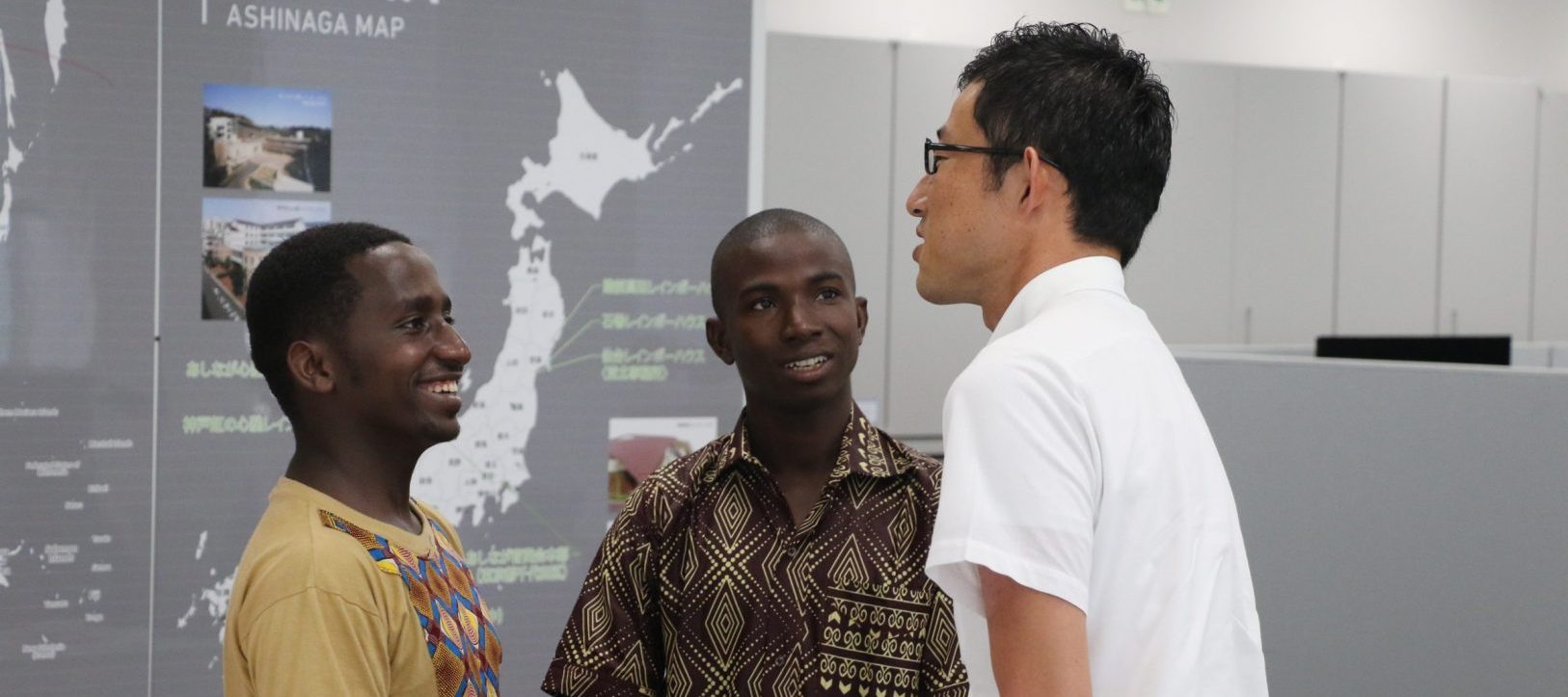
FIRST STEPS
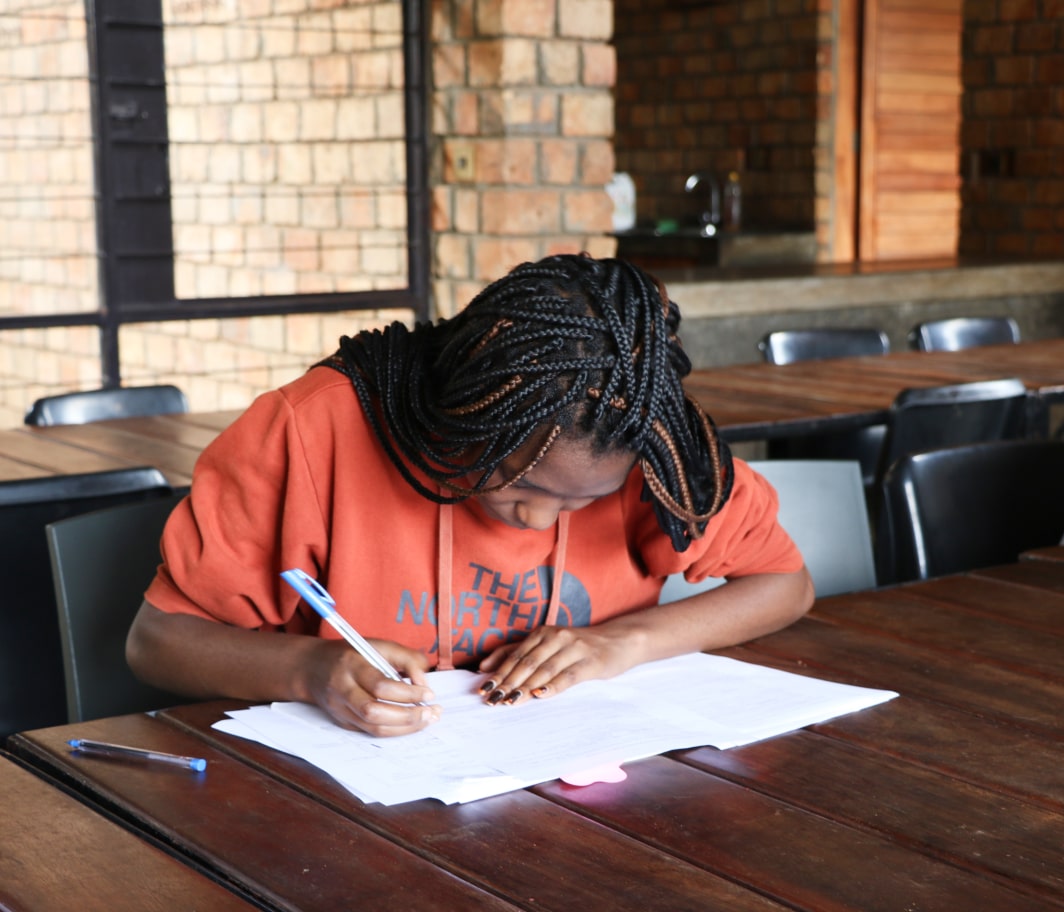
AAI Scholars are recruited across 48 sub-Saharan African countries. They receive academic and personal development training in Uganda or Senegal to prepare them for their studies abroad. Each Scholar has their own heartfelt goal to improve people’s lives in their communities.
STUDYING ABROAD
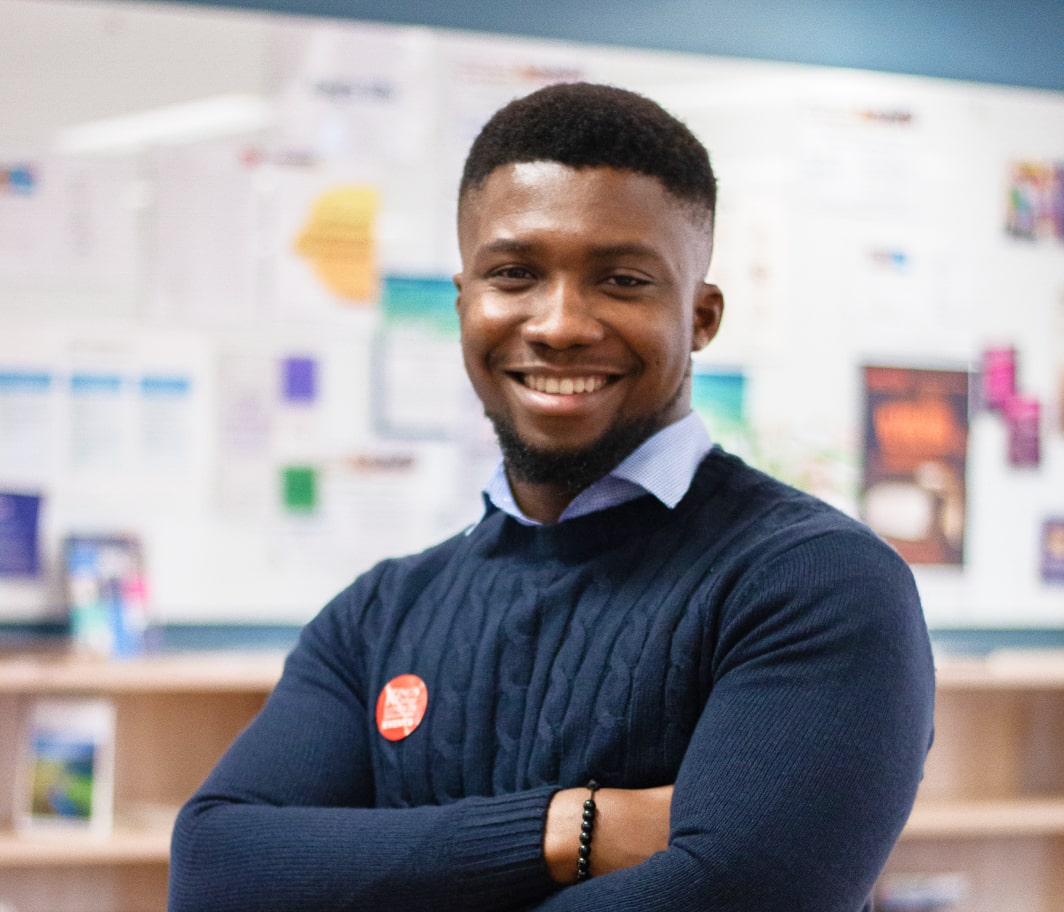
Scholars leave their home countries and study at universities around the world. Ashinaga covers the costs of tuition and all other necessary expenses, but the Scholars do the real work, developing academic, personal, and professional skills in an international environment.
MAKING A DIFFERENCE
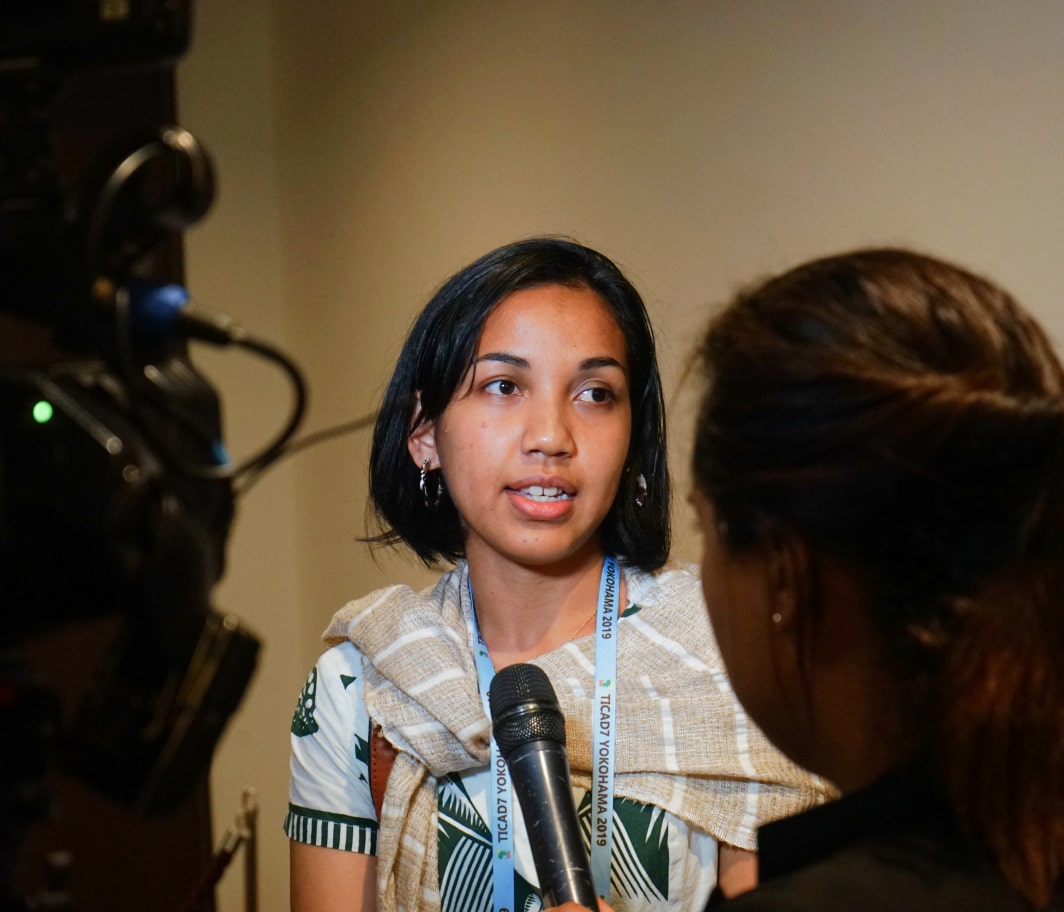
The Scholars create detailed plans to tackle the big problems they have identified in their home communities. They work on this plan throughout their studies, receiving feedback and support from Ashinaga staff and their peers. They conduct field research in African countries and work internships in their vacations to gain the skills and connections they need.
RETURNING HOME
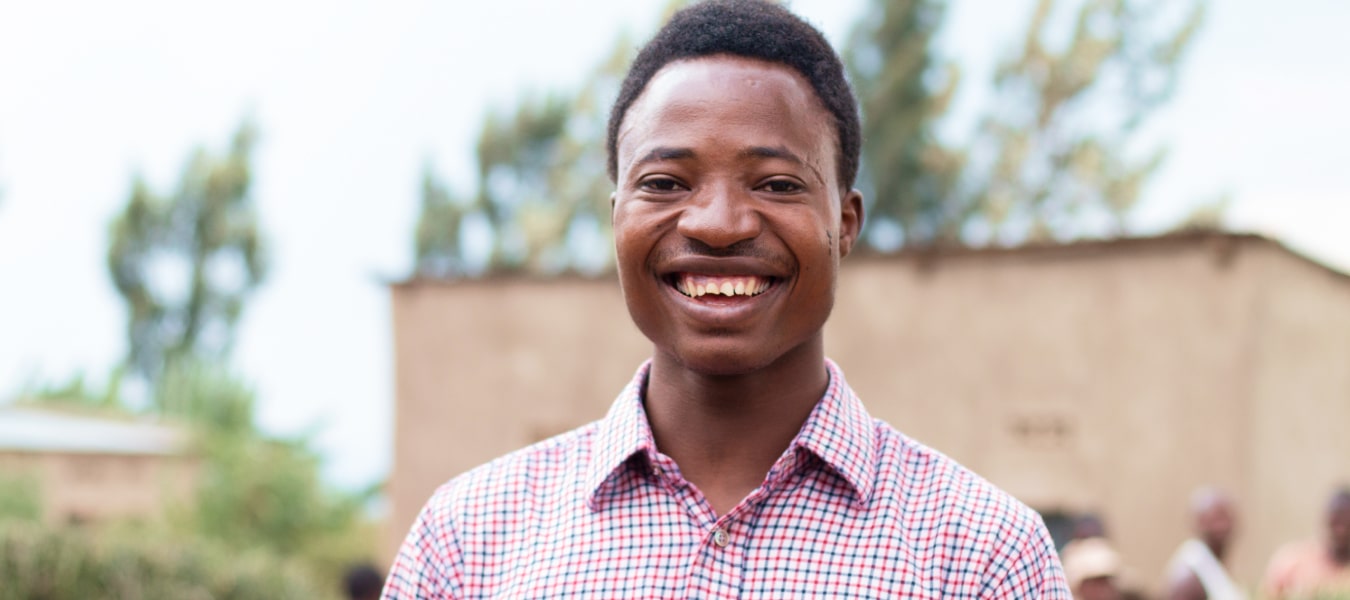
Scholars return home after their studies to begin their careers and realize their goals to help others. Our final goal is not the Scholars’ education, but that through education and training Scholars will be equipped to initiate change, innovation, and development in sub-Saharan Africa.
Our approach is to effect change through grass-roots development, empowering young people to identify issues, develop solutions, and have a positive impact on their communities. We believe that the best people to change communities are the people who live in those communities, once they have the tools and experience needed to make a difference.
ASHINAGA PROPOSAL

Through the “Ashinaga Proposal”, AAI Scholars explore a problem they identify in their community, country, or continent. The Proposal provides a potential solution that could be implemented once Scholars return home after graduation. In this way, Ashinaga encourages Scholars to remain connected to the African continent by reflecting and taking action on issues they are passionate about.
The Ashinaga Proposal is also an opportunity for Scholars to improve their research, critical thinking, analysis, and problem-solving skills in a real-world context. Furthermore, Ashinaga strongly encourages Scholars to approach experts from academia and the professional world while developing their Ashinaga Proposal to receive feedback and guidance. In doing so, Scholars expand their professional network both in their country of study and their home town.
FORMAT
The Proposal helps AAI Scholars develop the skills required to identify and solve real-world problems. All Scholars are expected to develop an in-depth understanding of the selected topic and be able to communicate their solution effectively. Scholars are asked to select between two formats:
-
Research & Advocacy
Paper -
Scholars conduct an in-depth research of their issue structured as an academic paper. This will include recommendations and implementable solutions to advocate for policy change.
For example:
Issue: access to education for youths with disabilities. Proposal: advocate for policy change to increase the provision of services in educational infrastructure.
-
Social Innovation
Project -
Scholars design an implementable project that could realistically resolve their identified issue at a local scale. Their plan includes market research, a target population, funding sources, a budget, and an implementation timeline and plan.
For example: Issue: access to education for youths with disabilities. Proposal: designing implementable plan to improve disabled access at one (or several) designated school(s) in the local area.
The Ashinaga Proposal is then submitted to the special committee that reviews it before the final presentation. The execution of the Proposal is not mandatory. However, AAI Scholars often develop a strong commitment to the cause that encourages them to pursue the project on the ground.
Eyerusalem
|
The maternal mortality rate is unacceptably high in sub-Saharan African countries including Ethiopia. My proposal seeks to help resolve this issue. According to USAID, women in Ethiopia have a 1-in-52 chance of dying from childbirth-related complications and the major causes are traditional malpractice during pregnancy such as abdominal massage during a difficult labour and inadequate awareness about institutional delivery.
In order to help tackle this, my Proposal includes the following solutions. Firstly, raising awareness among the community about the importance of antenatal and prenatal care, safe child delivery in health institutions, and consequences of traditional malpractice can be one sensible solution to reduce the maternal mortality rate in the country. Secondly, conducting ongoing weekly group discussions and distributing packages with leaflets supported by pictures can create awareness. Furthermore, training people on how to assist safe childbirth can also be a workable community-based initiative solution. |
Friday
|
My Proposal is called Lukamantana. Lukamantana is a Tonga word that means working together and represents my objective to let farmers collaborate and develop their community. I aim for a community development project to provide business and financial education to adults in Livingstone District, Zambia. The project would be a nonprofit, allowing participants to access educational resources for free. The project will be supported by donations and aims to gather corporate support to run the operations.
The project will deliver basic business and finance concepts to local entrepreneurs who did not complete their education. This is done through a collection of simple and relatable stories, contextually appropriate to cultural specifics in Zambia. This project has the potential to provide people with the knowledge they need to turn their daily activities into businesses, make better work decisions, and create a strong community that can support each other professionally. This project seeks to turn people into entrepreneurs who will contribute to the development of the local economy. |